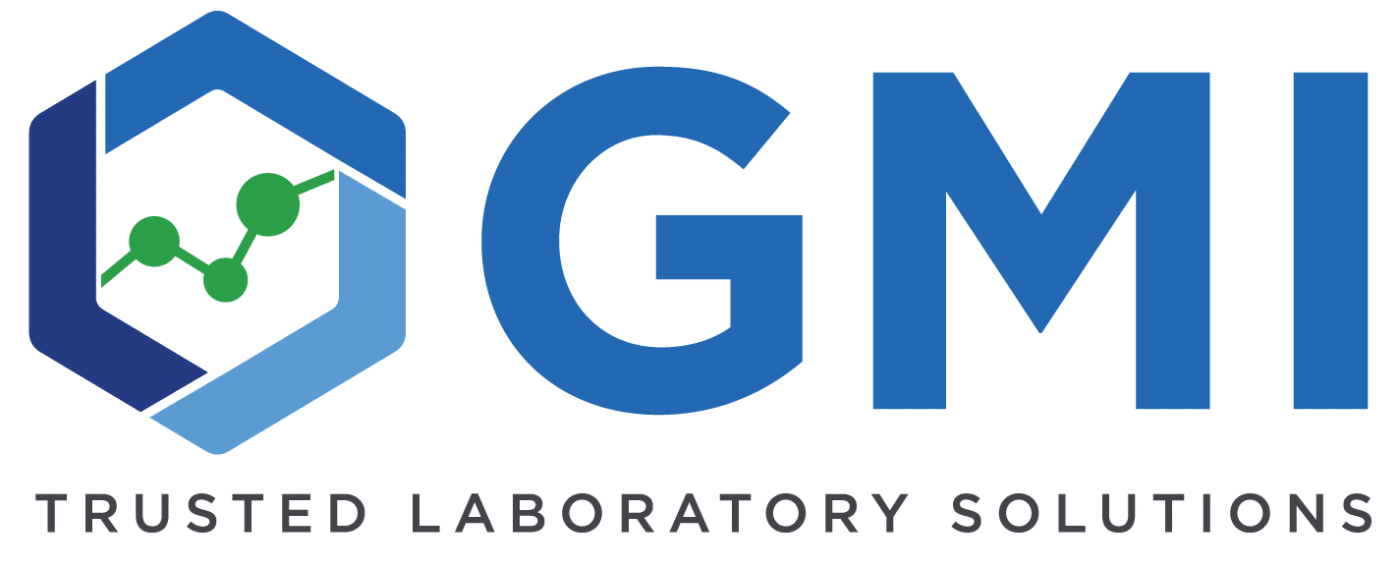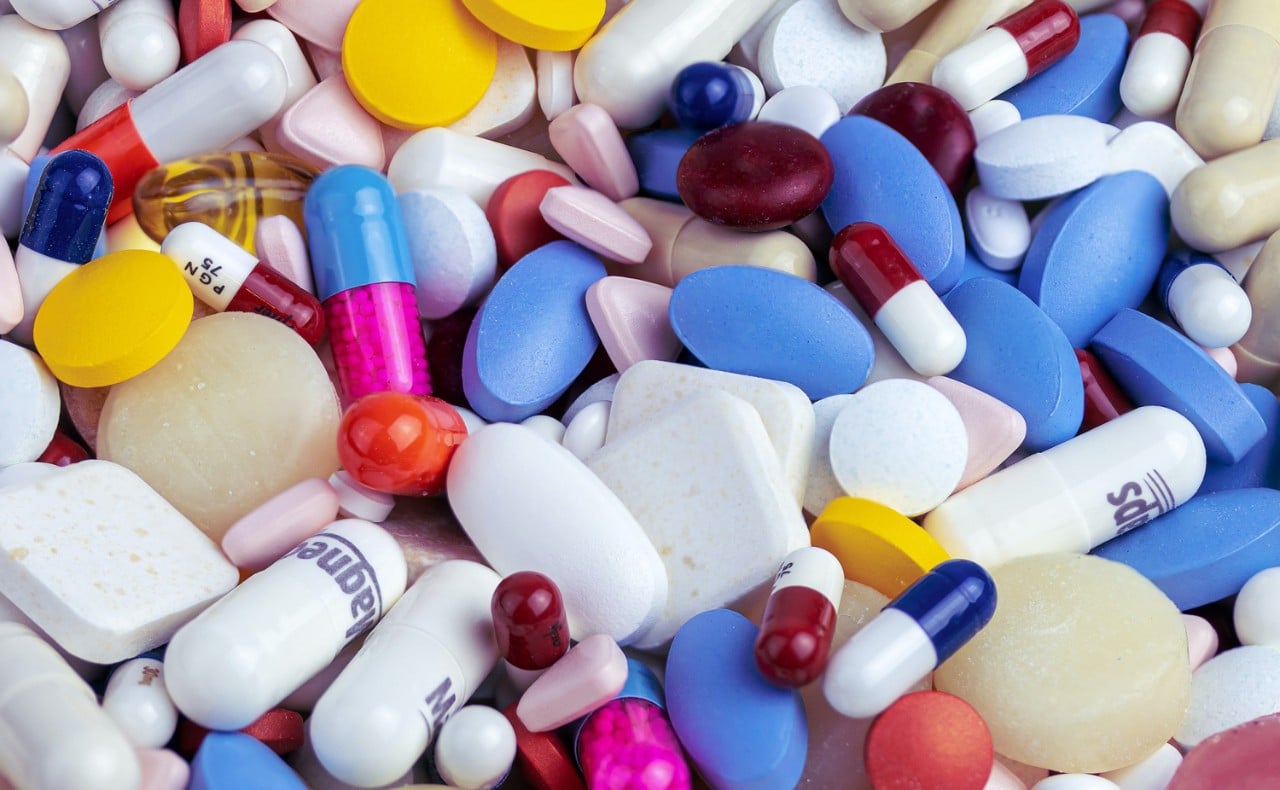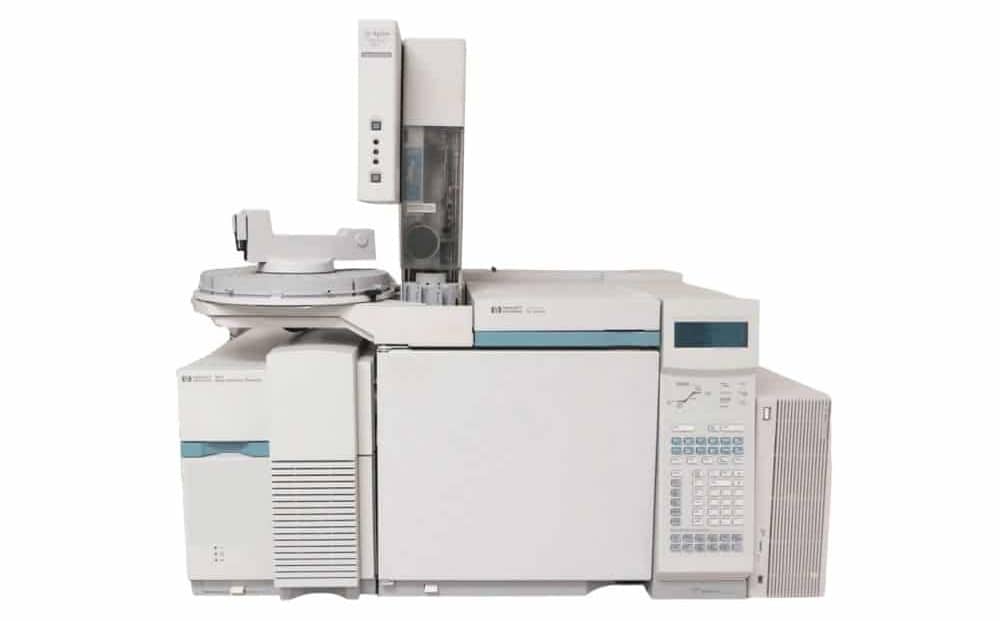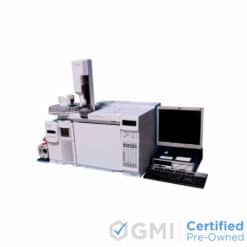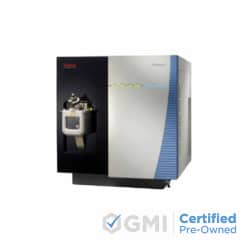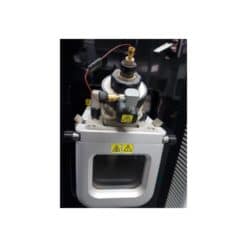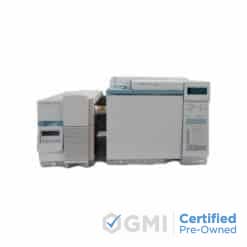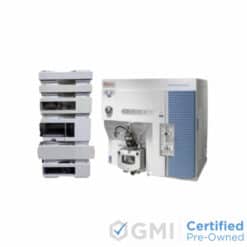No products in the cart.
Re-Certified Laboratory Instrumentation, Certified Pre-Owned
Mass Spectrometry in Pharmaceutical Research: Unlocking Insights for Drug Development
Introduction
In pharmaceutical research, scientists and researchers constantly strive to develop innovative and effective drugs to combat diseases and improve human health. To achieve this goal, advanced analytical techniques are indispensable. Among the plethora of analytical instruments, mass spectrometry is a powerful tool that plays a crucial role in drug discovery, development, and quality control. In this blog post, we will delve into the significance of mass spectrometry in pharmaceutical research and explore how it has revolutionized the industry.
Understanding Mass Spectrometry
Mass spectrometry is an analytical technique used to measure and identify molecules based on their mass-to-charge ratio. This technique involves ionizing a sample, separating the ions based on their mass, and then detecting and analyzing them to obtain valuable information about the sample’s composition. It provides insights into the molecular structure, chemical properties, and concentration of compounds within a given sample.
Applications in Pharmaceutical Research:
- Drug Discovery: Mass spectrometry plays a pivotal role in drug discovery by facilitating the identification and characterization of new drug candidates. It helps researchers determine potential drugs’ molecular weight, structure, and purity, enabling them to make informed decisions during the early stages of drug development.
- Pharmacokinetics and Metabolism Studies: Mass spectrometry enables scientists to study how drugs are absorbed, distributed, metabolized, and eliminated within the body (pharmacokinetics). It helps identify and quantify drug metabolites, providing critical information for assessing drug safety, efficacy, and dosage requirements.
- Biomarker Discovery: Mass spectrometry is instrumental in identifying and quantifying biomarkers, which are specific molecules indicative of certain diseases or therapeutic responses. These biomarkers aid in early disease detection, monitoring treatment efficacy, and personalizing patient care.
- Quality Control and Formulation Analysis: Mass spectrometry is employed in quality control processes throughout the entire drug development cycle. It ensures the final drug product meets the required specifications and regulatory standards. Mass spectrometry techniques such as tandem mass spectrometry (MS/MS) and high-resolution mass spectrometry (HRMS) are utilized to verify drug potency and purity and detect impurities or contaminants.
GMI Re-Certified Equipment for Mass Spectrometry
Reliability and affordability are critical to procuring mass spectrometry instruments. At GMI, we offer a wide range of Certified Pre-Owned mass spectrometry equipment to meet the diverse needs of pharmaceutical researchers. Our re-certified equipment undergoes a rigorous refurbishment process, ensuring excellent performance and accuracy while maintaining cost-effectiveness. By offering reliable used mass spectrometers, GMI empowers researchers to access high-quality instruments at a fraction of the cost, thereby promoting efficiency and productivity in pharmaceutical laboratories.
shop nowConclusion
Mass spectrometry has become an indispensable tool in pharmaceutical research, revolutionizing drug discovery, development, and quality control. Its ability to provide accurate and detailed molecular information has propelled advancements in the field, enabling researchers to make informed decisions and drive innovation. GMI’s range of re-certified mass spectrometry equipment further strengthens the accessibility of these powerful analytical instruments, empowering pharmaceutical scientists to accelerate their research and contribute to the development of life-changing drugs.
